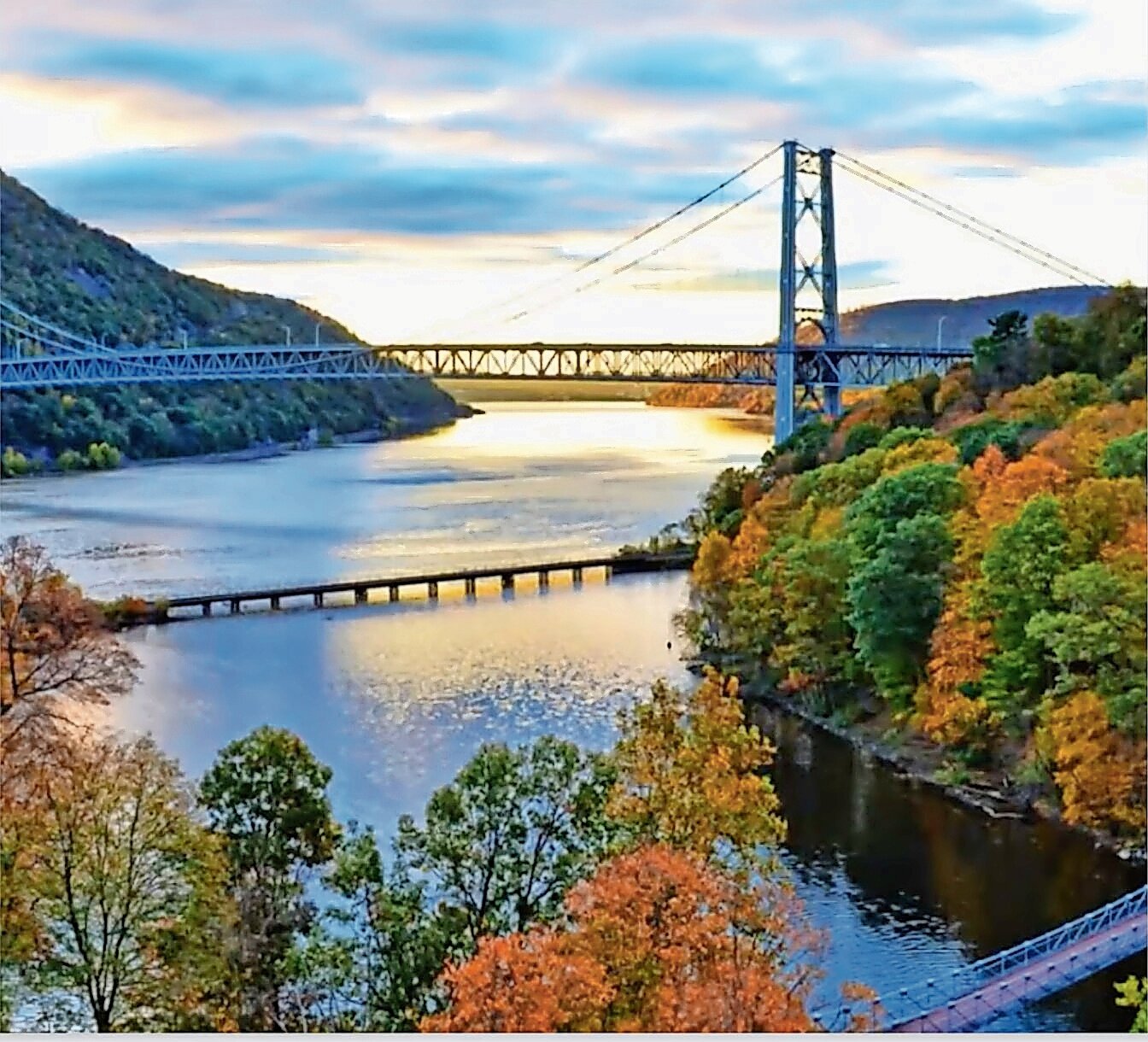Bronx town hall highlights climate justice concerns, rising utility bills and Hudson River pollution
Last month, at Bronx Bethany Church, local legislators, nonprofit organizations and community members from across the borough gathered for a town hall to discuss key climate and environmental justice issues affecting the area.
One of the first topics raised during the meeting was the sharp increase in utility bills, which has particularly impacted residents of Riverdale. Many have struggled to keep up with rising costs during oppressive summer heatwaves, when artificial cooling becomes a matter of necessity.
A recent report by NY Renew and New York Lawyers for Public Interest revealed state agencies have not been fully or effectively implementing New York’s Climate Law, which recently marked its five-year anniversary.
The delay in enforcement sets back progress toward transitioning New York off fossil fuels, exacerbating poor air quality in the Bronx and leading to higher rates of childhood asthma and other long-term health conditions.
The report also criticized the state transportation department project to expand the Cross-Bronx expressway, which the report claimed failed to engage the community for input and would “increase greenhouse gas emissions in some of New York’s most disadvantaged communities.”
In response to these growing concerns, Bronx legislators in Albany have advanced legislative measures designed to support environmental justice. Among these is the Climate Change Superfund Act, part of the “make polluters pay” agenda, requiring the worst offenders — companies with the largest historical greenhouse gas emissions — to repay a multi-billion dollar assessment of damages over the next 25 years.
Assemblyman Jeffrey Dinowitz, a long-time advocate for environmental reform, spoke about the responsibility legislators hold toward future generations.
“Addressing the pressing challenges of climate change in the Bronx is not only an environmental imperative but a matter of public health and community resilience,” he said. “I am committed to working alongside our community to create sustainable jobs, improve quality of life and ensure that our schools and public spaces are green and healthy for all.”
In a related meeting, the Community Board 8 environment and sanitation committee, chaired by Daniel Rowen, focused on the effects of human-induced climate damage, particularly concerning the quality of the Hudson River. The committee received a presentation from the Friends of the Clean Hudson Coalition, which detailed the longstanding pollution issues stemming from General Electric’s disposal of polychlorinated biphenyls into the Hudson River via two manufacturing plants from the 1940s to the late 1970s.
Despite being designated a Superfund site since 1984, the Hudson River continues to grapple with dangerous levels of PCBs, linked to serious adverse health effects. The federal Environmental Protection Agency initiated a cleanup plan in 2002 aimed at reducing risks to both local wildlife and residents, but recent assessments indicate little progress in lowering PCB concentrations in fish and sediment.
The committee expressed particular concern regarding the EPA’s draft five-year review report, arguing it failed to adequately address the ongoing presence of PCBs. While some areas of the river have seen improvements and there are more fish now than in decades, the risks remain, as the fish are not necessarily healthy and contaminants can spread downstream.
The verdict, according to Rowen: “You still should not eat the fish in the Hudson.”
The presentation also illuminated a troubling reality: While the river’s lack of cleanliness may be a source of frustration for would-be boaters and swimmers, low-income families are likely to rely on the river’s “tainted fish” for sustenance, regardless of EPA advisories. Consequently, the responsibility falls on the public to increase awareness and discourage activities like fishing and swimming in the river to mitigate the risks associated with PCBs.







